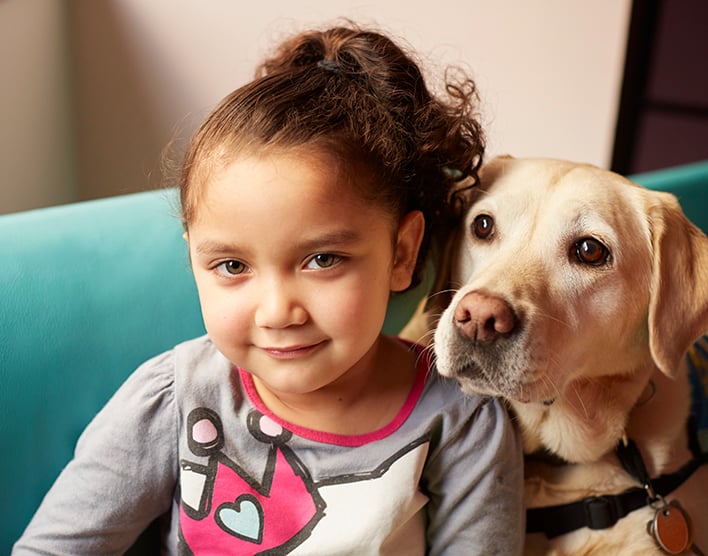Someone experiencing severe bleeding can lose a life-threatening amount of blood in under five minutes. Bystanders – whether at mass casualty incidents, such as mass shootings or natural disasters, or in everyday accident situations – are often the first at the scene while emergency responders are en route or stretched thin. Because blood loss is a leading cause of preventable death in mass casualty events, immediate control of serious bleeding can be lifesaving.
STOP THE BLEED® classes
UCSF Benioff Children's Hospitals has partnered with the American College of Surgeons Committee on Trauma to offer free STOP THE BLEED® classes to schools, churches, nonprofit organizations, community-based organizations and youth programs.
The goal of these classes is to ensure:
- Bystanders have the knowledge and skills to control bleeding at the scene of an incident.
- Bleeding control supplies are readily available in public spaces, usually alongside automated external defibrillators (AEDs) and emergency kits.
- Bleeding control education is integrated into schools and workplaces.
- The public knows how to respond in an active shooter situation.
Request a STOP THE BLEED® class
Focusing on the fundamentals of bleeding control, this in-person 60-minute class is led by experienced trauma nurses, nurse practitioners, medical residents, injury prevention coordinators and doctors. Class size is limited to 10 participants per instructor, so it can be larger based on instructor availability. Attendees will learn hands-on techniques for controlling severe bleeding, including applying pressure, using a tourniquet and packing wounds. At the end of class, participants will receive a certificate of training completion.
To schedule a training for your group, organization or community, please submit a STOP THE BLEED® class request form.
For questions or more information, contact the trauma prevention team of UCSF Benioff Children's Hospitals at (510) 428-3045.












































